


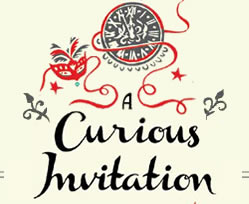


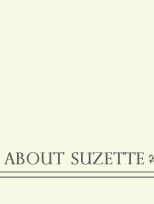

        |
|
masquerades and fancy dress Masquerades and fancy dress * Banquets and dinner parties * Soirées and drinks parties * Balls * Orgies, Wakes, etc. |
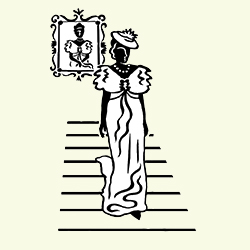 |
The Manderley Fancy Dress Ball |
 |
Mrs Leo Hunter’s Costume Breakfast
|
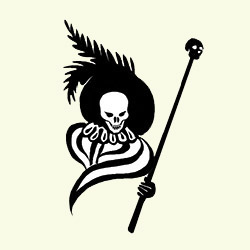 |
The Masque of the Red Death from The Masque of the Red Death (1842) by Edgar Allan Poe The dominions of Prince Prospero are ravaged by the Red Death: a plague that kills its victims in less than thirty minutes, accompanied by agonising pain and a profuse bleeding of the pores. The prince decides to barricade himself inside an abbey with a thousand lords and ladies. Six months into their confinement, he holds a masquerade. “There were buffoons, there were improvisatori, there were ballet-dancers, there were musicians, there was Beauty, there was wine.” But as the great clock in the black chamber strikes midnight a sinister, uninvited guest appears “tall and gaunt, and shrouded from head to foot in the habiliments of the grave”. |
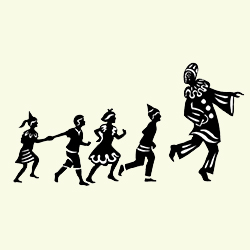 |
The Strange Fete Seventeen-year-old schoolboy Augustin Meaulnes gets hopelessly lost in central France in the depths of December. In trying to find a place to sleep for the night he stumbles across the Lost Estate, where a group of children are gathering for a weekend party to celebrate the engagement of the eccentric Frantz de Galais. Meaulnes is intoxicated by the ethereal tranquility of this party where the children make all the rules. Down at the boating lake he meets a bewitching and enigmatic young woman named Yvonne. |
 |
the Society of Artists' Fancy Dress Ball Harry Haller, a 50 year old loner, depressive and self-styled Steppenwolf, is the last person you would expect to attend a lavish fancy dress ball. But after being given dancing lessons by his new best friend, local prostitute Hermine, he is persuaded to buy a ticket. On arriving he can find no sign of the enigmatic Hermine but instead is handed an invitation to the post-party party, a visit to the Magic Theatre (“price of admittance: your mind”) and things start to become extremely odd. |